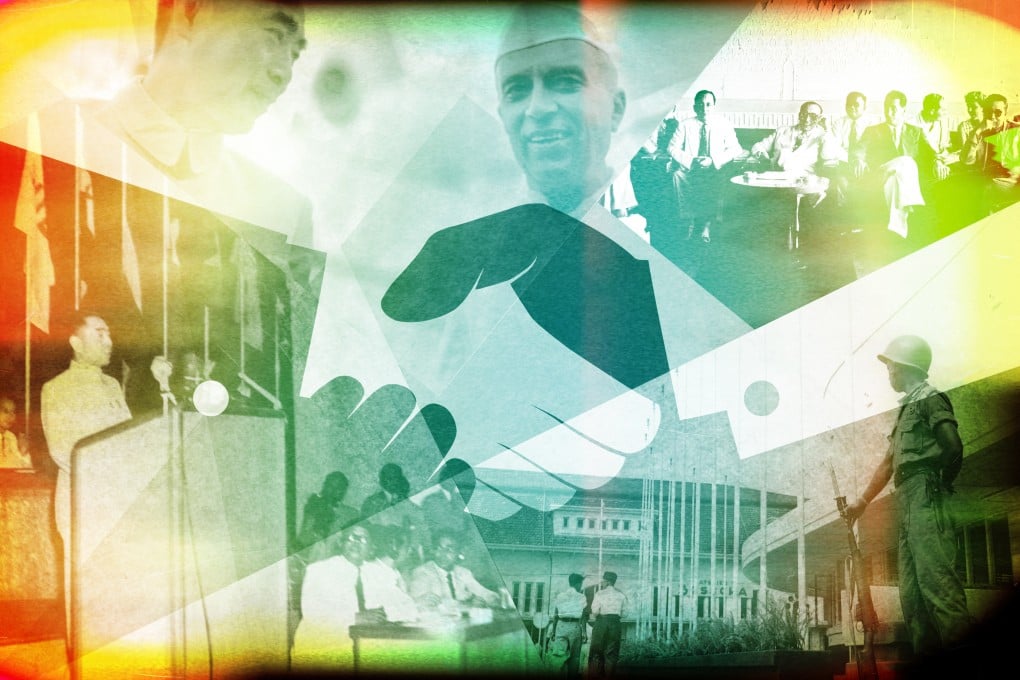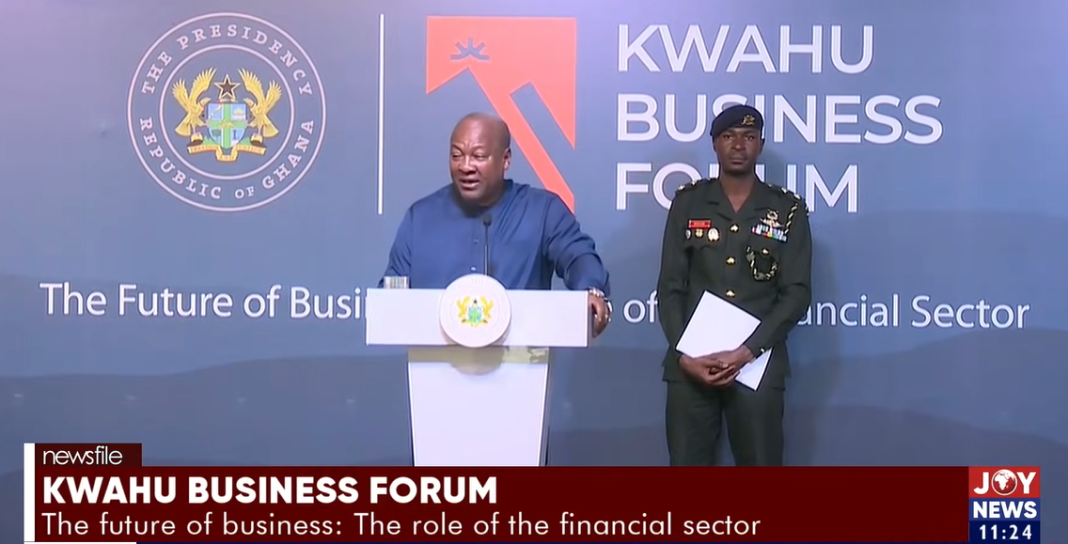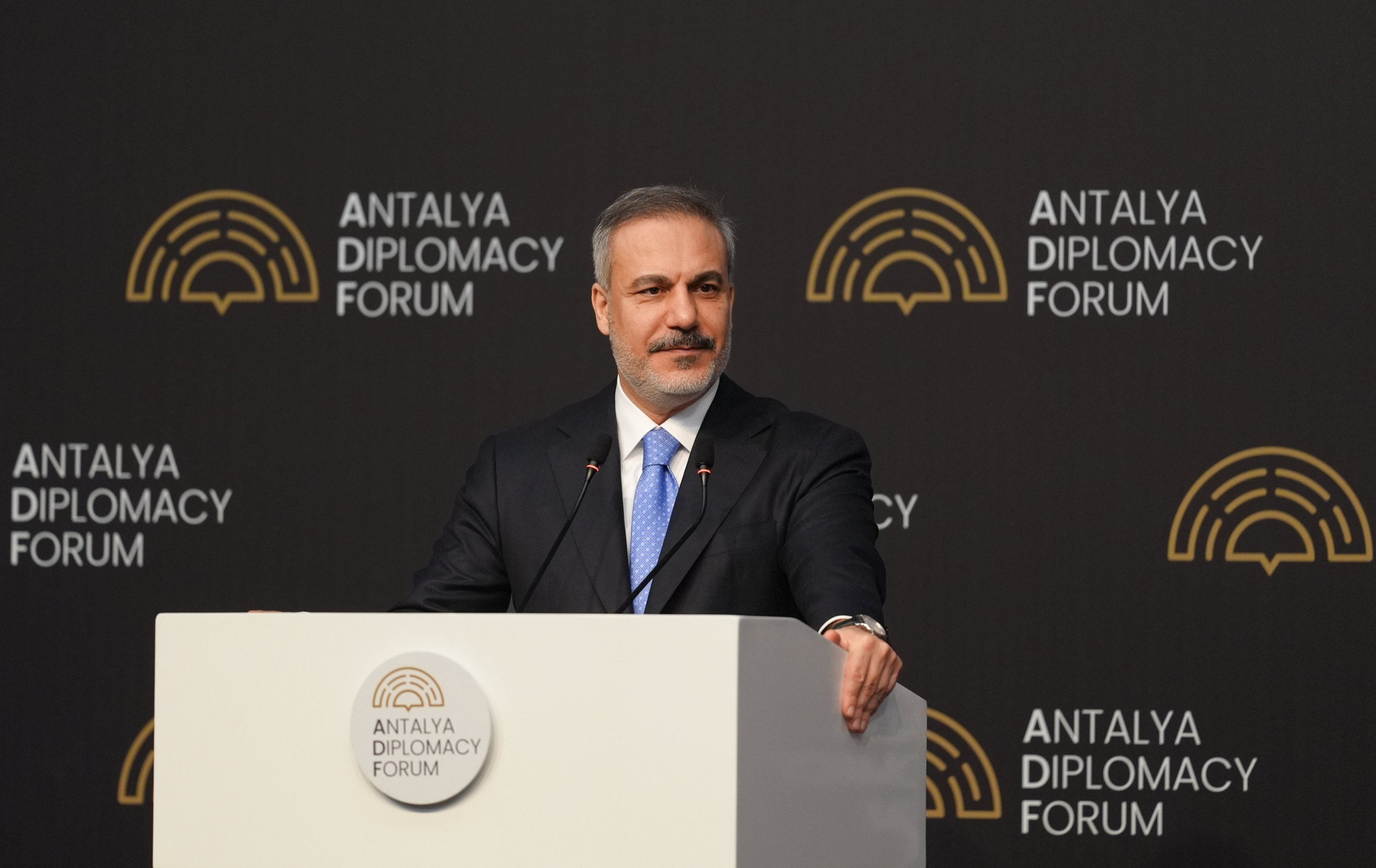Seven decades later, the legacy of that gathering – known as the Bandung Conference – still lingers, though the world it sought to reshape has transformed beyond recognition. Now, with multipolarity re-emerging as a driving geopolitical force, the principles of the Non-Aligned Movement (NAM) are being tested in ways its architects could not have foreseen. Indonesia’s founding president Sukarno described the Asia-Africa Conference at Bandung as “the first intercontinental conference of coloured peoples in the history of mankind”.
It promoted a platform of 10 principles including peaceful coexistence, respect for sovereignty and territorial integrity, equality among nations, non-aggression, and non-interference in domestic affairs. While retaining Indonesia’s traditional bebas dan aktif (independent and active) diplomatic stance, Prabowo has embraced a more personal, efficiency-driven leadership style. Analysts see his decision not to host a high-profile anniversary event for the Bandung Conference as emblematic of a changed geopolitical reality: a world where multipolarity has replaced the old bipolar and unipolar systems.

.
Politics

From Bandung to Brics: Indonesia’s evolving quest for Global South autonomy

Seven decades after hosting a summit that birthed the Non-Aligned Movement, Indonesia prioritises pragmatic ties over grand gestures.















